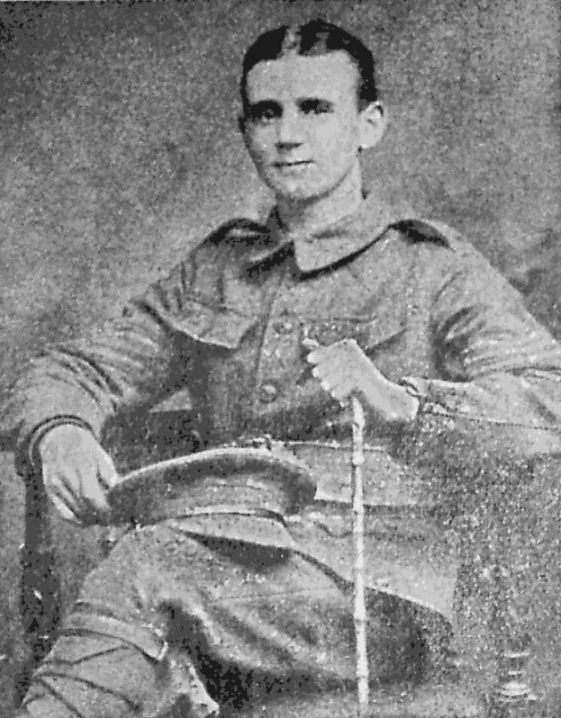Authors:
Historic Era: Era 7: The Emergence of Modern America (1890-1930)
Historic Theme:
Subject:
Summer 2019 | Volume 64, Issue 3


Authors:
Historic Era: Era 7: The Emergence of Modern America (1890-1930)
Historic Theme:
Subject:
Summer 2019 | Volume 64, Issue 3
We asked Edward Lengel, a Contributing Editor of American Heritage, to chose his favorite memoirs of World War I and tell us a little about them. Mr. Lengel is the author of two acclaimed histories of that war, To Conquer Hell: The Meuse-Argonne, 1918 and Never in Finer Company: The Men of the Great War's Lost Battalion, and has compiled an annotated bibliography of hundreds of personal accounts of the war at World War I Memories. –The Editors
I first became interested in World War I almost thirty years ago, reading through the war’s great memoirs. They influenced my approach to military history, which is less about equipment and tactics than the human experience of warfare. (I was also inspired by the great British historian John Keegan’s seminal work, The Face of Battle.)
To me, one of the most fascinating aspects of World War I is how men and women with no frame of reference for understanding modern, industrialized warfare, faced and processed the intense experiences they underwent in 1914-1918.
Since beginning my almost obsessive jaunt through personal accounts of World War I, I have read hundreds of published and unpublished volumes of memoirs, diaries, and collected letters written by individuals from all over the world. Here are some of my favorites.

I keep coming back to one deeply personal and gently introspective account by a poor Irish boy who served with his brother in the British Expeditionary Force of 1914. That book, There’s A Devil in the Drum by John Lucy, published in 1938, stands #1 on my list of the top personal accounts of World War I.
In 1914, Ireland remained under British rule, but trembled on the brink of Civil War. It probably would have slid into internal chaos that year, thanks to the Home Rule Crisis, had not the outbreak of World War I intervened. For a time, most Irishmen – on the surface, anyway – stood side by side with the British in their determination to fight imperial Germany.
John Lucy didn’t care about politics, and he certainly had little interest in what Germany was up to in Belgium. Two years earlier, he and his brother had joined the British Army simply as a way to escape poverty in Cork, Ireland. By 1914, they were both members of the Royal Irish Rifles, and were among the first sent to France and then Belgium to resist the German invasion. John and Denis Lucy fought at Mons, Le Cateau, and all of the B.E.F.’s other major major battles in 1914. But only one of them made it out alive.
John Lucy never forgot the last time he saw his brother: “My brother’s platoon suddenly got the